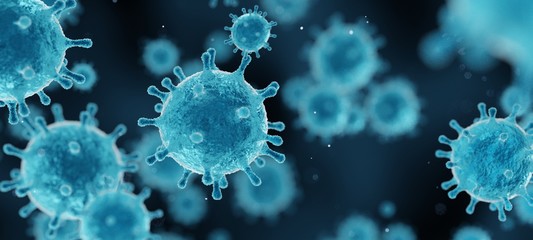
What is Hib?
Haemophiles influenzae type b (Hib) is a bacterium that typically infects infants and young children. Hib causes meningitis, bloodstream infections and pneumonia.
Babies and children younger than 5 years are most at risk for Hib disease but can also affect adults with certain medical conditions.
What is my child’s risk of getting infected with Hib?
Although fewer than 25 children in the United State are infected with Hib every year, the disease is devastating and can be deadly.
What are some symptoms of Hib disease?
Hib is spread through respiratory droplets, mostly coughing, sneezing, and through lengthy contact with an infected person. Hib bacteria can cause mild illnesses, such as ear infections or bronchitis, or severe illnesses, such as infections of the bloodstream, joints, and the lining of the brain and spinal cord. Hib disease can be a lifelong disability and can be deadly.
When do children get the Hib vaccine?
The best way to prevent Hib disease is to get vaccinated. The CDC recommends all children younger than 5 years and older children and adults who are at risk get the vaccine.
The first dose of Hib vaccine is given at age 2 months. Infants will usually complete the series by the time they are 12-15 months old. Depending on which Hib vaccine is used, 3-4 doses are recommended.
Does the Hib vaccine cause any reactions?
Some children will develop pain, redness or tenderness at the site of injection, or fever after the Hb vaccine.